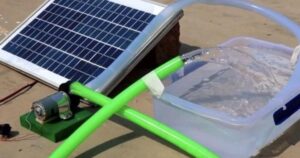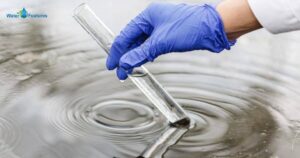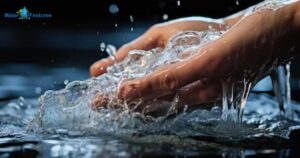Our water at home must be clean and safe for our families to drink. But sometimes water from the tap can have bad things in it that we can’t see. Then people want to know if getting a water-softer system will make the water healthier by taking out the worrisome things.
But water softeners are only made to deal with hard water. Hard water has too many minerals like calcium and magnesium that cause yucky buildup. Water softeners change the minerals so they don’t stick to pipes and appliances. They don’t remove chemicals from pesticides, heavy metals, or bacteria that could make you sick. So if your goal is to reduce contaminants and not just limescale, a water softener likely won’t be the solution.
The good news is that special filtering systems are meant to get rid of specific contaminants without removing important minerals like softeners do. Reverse osmosis systems force water through a special membrane to separate contaminants. Activated carbon filters soak up chemicals and junk. Using the right filter with a softener can give you treated water. But softeners alone only take care of hard water – not the scary toxins and germs sometimes in drinking water sources.
What is a water softener?
Water softeners are systems that treat the whole house’s water supply. They are meant to fix hard water problems. Hard water has too much calcium and magnesium minerals dissolved in it. These minerals can leave a dusty film on anything the water touches.
A water softener uses a process called ion exchange to take out the hardness minerals. It replaces them with softer sodium ions instead. Then the minerals don’t stick together into cruddy messes on pipes, appliances, and surfaces.
Water softeners use special resin beads. The beads attract and grab onto the calcium and magnesium ions as the hard water flows through. Sometimes the beads need to be cleaned and recharged with salt. This happens during a regeneration cycle. It allows the beads to keep swapping out the hardness minerals for sodium ions.
By changing the hardness minerals into smaller particles that stay in the water, water softeners help with issues from hard water. They keep the minerals from attaching to things and causing dust and films. This fixes problems around the whole house from the hard water minerals.
What contaminants could be in my drinking water?

Public water systems have to follow rules set by the government. These rules limit how much certain things can be in the water, like chlorine, fluoride, copper, and lead. But some places still have water with too much of those substances.
There are also things in the water that they don’t have to test for yet. These things could affect our health later on, like chemicals from medicines, plastics, cleaners, and more. Harmful bacteria and parasites could also get into the water from old pipes.
Small water systems like wells and some town supplies don’t test the water as much. Their water could have contaminants seeping in from fertilizers, trash dumps, factories, and septic systems. These include heavy metals, pesticides, nitrates, and solvents. Even water sources that sound pure can have germs from animal waste that make you sick.
Without testing the water and using good filters, dangerous toxins and microbes that cause disease could be coming out of your faucet. It’s important to make sure your water is safe to drink and use.
Do Water Softeners Remove Contaminants in Water?
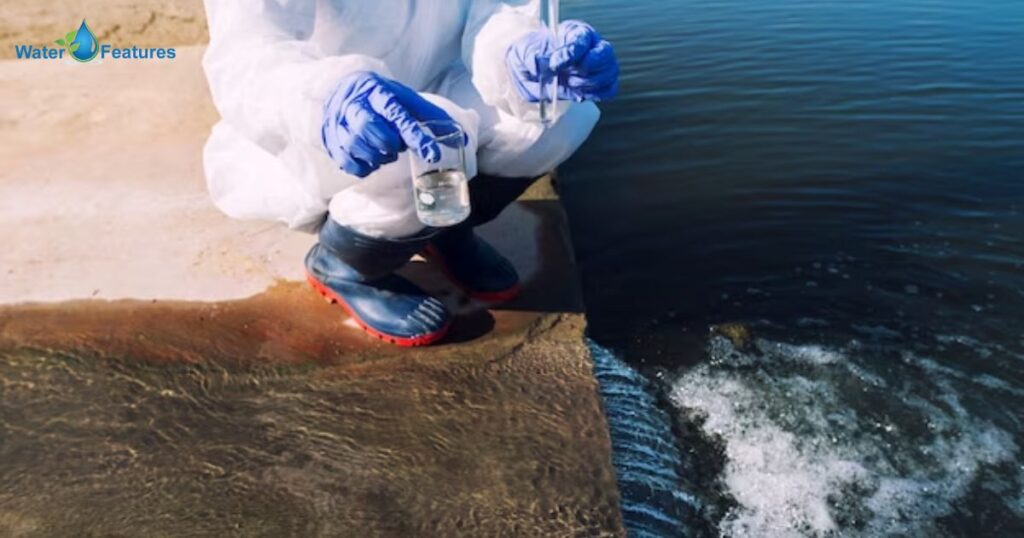
Water softeners are not made to take out chemical, organic or bacterial things in the water – only hard water minerals. They change calcium and magnesium into sodium ions to prevent scale buildup. But they will not get rid of anything else, like pesticides, solvents, heavy metals or germs. Water with those problems will go through the softener with the same toxins or microbes.
Some people say softeners take out a little of the total dissolved solids in the water. That could mean traces of contaminants too. But softeners are not very good or consistent at reducing anything other than hardness minerals. Relying on them to treat contaminated water can be risky.
Filters made for specific contaminants work better. Examples are reverse osmosis, carbon absorption, oxidation and more. These treat water in safer ways to remove dissolved, organic and tiny living things. Water softeners just aren’t able to remove potentially dangerous dissolved, organic and microbial contaminants like filters can. They only treat hardness minerals causing scaling.
Do I need a water filter and a water softener?
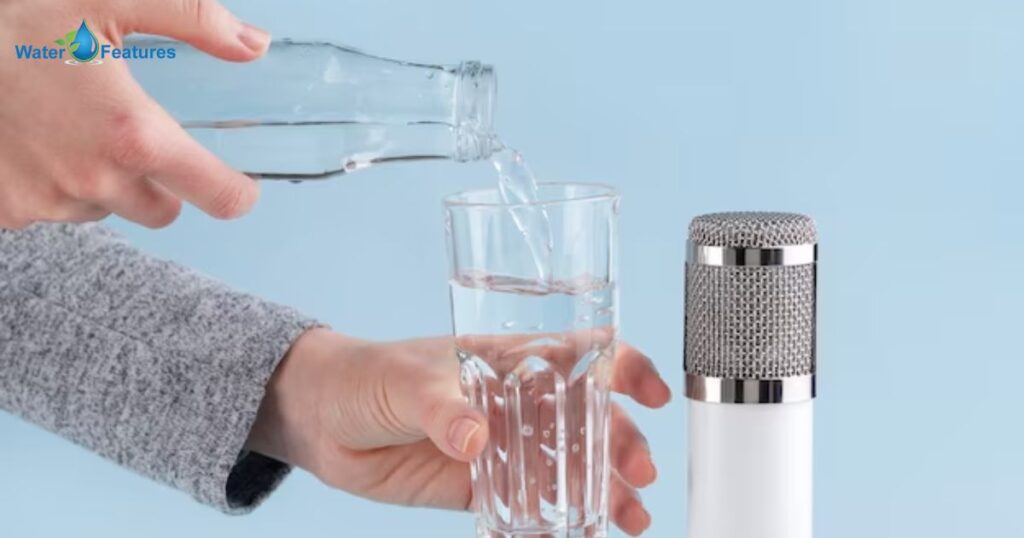
Water softeners only remove hard water minerals, not contaminants. So homes wanting to fix water quality problems besides scaling will need both softening and filtering systems. A softener alone won’t give you clean, safe water if you’re worried about toxins or germs in it.
But taking out hardness minerals comes first for many filters to work properly. Hardness minerals can clog the filter materials that trap contaminants over time in reverse osmosis systems and some filters. Softening before filtering prevents scale buildup that makes the system not work as well or for as long.
Softeners also help keep minerals lost during some filtering, for better taste and health. Dealing with both hard water and contaminants means pairing the right softener and filter combo for your water chemistry and cleaning goals. Both systems together can improve the water quality issues in your home.
Water Softener Vs. Water Filter
| Water Softener | Water Filter |
| Removes mineral hardness like calcium and magnesium | Removes specific contaminants like chemicals, metals, bacteria |
| Ion exchange process – swaps hardness minerals for sodium ions | Varies – reverse osmosis, activated carbon, oxidation, etc. |
| Not effective – only reduces hardness minerals | Highly effective depending on the method |
| Retains beneficial minerals | Can reduce beneficial minerals |
| After the pressure tank or water meter | Prior to the water heater |
| Periodic salt for regeneration | Filter cartridge changes |
| Brine tank, drain line for flushing | More intensive depending on the system |
| Prevents scale buildup and spotting | Provides clean, safe drinking water |
FAQ’s
Does a water softener remove contaminants?
Water softeners are mainly designed to remove hardness minerals like calcium and magnesium. They do not remove other contaminants.
What impurities are removed by water softeners?
Water softeners specifically target and remove hardness minerals like calcium and magnesium that cause soap scum and scale buildup.
Does a water softener clean well water?
Water softeners can treat hard water from both municipal sources and private wells. They remove minerals that cause residue and plumbing issues.
How long are water softeners good for?
Properly maintained water softeners typically last 10-15 years before needing to be replaced. However, their resin beads may need regenerating more often like every few months.
Conclusion
Water softeners work more than filters and systems that take out contaminants from water supplies in homes. Some homeowners thinking about water treatment may not get that softeners alone don’t make the water safer or healthier besides fixing hard water mineral problems.
Softeners do change the calcium and magnesium that cause scale buildup into smaller pieces dissolved in the water. But they don’t solve problems with dangerous heavy metals, pesticides used on crops, industrial chemicals, or germs that can make water unsafe. Specialized filters are needed to properly deal with contamination using methods made for trapping or neutralizing specific toxins and tiny living things.
The best solution for a home depends on its water minerals and what contaminants may be there. In many cases where the quality has threats, homeowners will need both softening and advanced filtering working together to treat issues with hardness, nutrients, appearance, and safety. This makes the water clean all around.


